
Imagine trying to focus in a meeting, on a project, or even during a simple conversation, but all you can feel is brain fog clouding your thoughts. For over 6 million people in the U.S. diagnosed with ADHD, this is a daily struggle. While traditional treatments like stimulant medications help many, they often come with adverse side effects like jitteriness, sleep issues, or mood swings, leaving many searching for alternatives.
Enter nootropics or so-called smart drugs. These cognitive enhancers are rapidly gaining popularity as non-stimulant medications that offer promising cognitive benefits without the harsh side effects of traditional treatments. Whether you're looking to improve focus, sharpen memory, or clear the fog, effective nootropics could be game-changers for managing ADHD.
Attention Deficit Hyperactivity Disorder (ADHD) and Attention Deficit Disorder (ADD) are more than just buzzwords; they affect the ability to concentrate, control impulses, and organize daily tasks. The need for an alternative that supports cognitive function without unwanted side effects has never been greater. Nootropics—natural and synthetic—offer a potential solution for those seeking an edge.
In this article, we'll break down the seven best nootropics for ADHD and ADD in 2024, exploring how they can improve mental clarity, enhance focus, and support cognitive performance without the typical side effects of stimulant medications. If you're looking for new ways to manage your ADHD, this deep dive into the world of nootropics might offer the answers you've been searching for.
Understanding ADHD and ADD
Attention Deficit Hyperactivity Disorder (ADHD) and Attention Deficit Disorder (ADD) are neurodevelopmental conditions characterized by symptoms such as difficulty maintaining attention, hyperactivity, and impulsive behavior. ADHD includes the presence of hyperactive impulses, while ADD is often considered an outdated term for the inattentive type of ADHD, lacking the hyperactivity component. Both disorders can affect cognitive function and daily living, and they usually persist from childhood into adulthood.
Modern understanding of these conditions emphasizes a discrepancy in brain chemistry and the regulation of neurotransmitters like dopamine and norepinephrine, impacting brain health and cognitive processing. Diagnosis typically involves clinical evaluations and may utilize standardized rating scales. Treatment often includes a combination of behavioral therapy, lifestyle adjustments, and, in some cases, prescription medication designed to balance brain chemistry and support healthy brain function. Recognizing the unique experiences of individuals with ADHD/ADD is critical for providing adequate support and treatment strategies.
How Nootropics Support Cognitive Function
Nootropics, often dubbed “smart drugs,” are supplements, drugs, or other substances that may enhance cognitive function, mainly executive functions, memory, creativity, or motivation. There is a range of nootropics, including prescription medications for ADHD, over-the-counter supplements, and natural substances.
These cognitive enhancers work through different mechanisms. They can alter the supply of neurochemicals in the brain, improve the oxygen supply to the brain, stimulate nerve growth, or increase blood flow.
For example, prescription nootropics like those for ADHD may influence neurotransmitters, like dopamine, which affect focus and attention. Meanwhile, natural nootropics like omega-3 fatty acids contribute to overall brain health and cognitive processing by building cell membranes.
While some nootropics show potential benefits for cognitive performance, it's essential to consider scientific evidence and common side effects. Prescription drugs might offer notable cognitive enhancements but come with a risk of adverse effects. In contrast, natural ingredients are often considered safer but may offer more subtle improvements.
It's crucial to consult healthcare providers before using nootropics, especially for managing conditions like ADHD, to find a balance between efficacy and safety.
Can Nootropics Help With ADHD?
Nootropics, often referred to as “smart drugs” or cognitive enhancers, have gained attention as a potential complementary treatment for attention disorders like ADHD. While prescription stimulant drugs such as Adderall and Ritalin are the standard for ADHD treatment, some people are exploring promising nootropics as alternatives or supplements to enhance focus, reduce brain fog, and improve short-term memory.
Nootropics work through various mechanisms of action that target different aspects of brain function. Some enhance neurotransmitter levels, such as dopamine and norepinephrine, which are crucial in attention and focus. Dopamine, for example, is associated with reward and motivation, while norepinephrine helps regulate alertness and concentration.
In individuals with ADHD, low levels of these neurotransmitters can contribute to symptoms like inattention, impulsivity, and hyperactivity. Nootropics that support dopamine and norepinephrine pathways could potentially help balance these deficiencies.
Additionally, certain nootropics may increase cerebral blood flow, providing the brain with more oxygen and nutrients and supporting better mental clarity and focus. Improving blood flow may also help alleviate brain fog, a common issue for those with ADHD. By supporting short-term memory and boosting overall cognitive function, nootropics can be a promising addition to traditional ADHD management strategies.
However, it's important to note that nootropics are not a cure for ADHD and should not replace prescription medications. Instead, they can be considered complementary treatments alongside lifestyle changes and medical interventions. While research on nootropics for ADHD is still developing, early findings suggest they may help improve attention, focus, and memory, especially in individuals seeking alternatives or supplements to stimulant drugs. Always consult a healthcare provider before adding any new supplement to your routine.
Natural vs. Synthetic Nootropics For ADHD: A Comparative Analysis
Attention Deficit Hyperactivity Disorder (ADHD) affects cognitive function, prompting individuals to seek cognitive enhancers. Nootropics, often called “smart drugs,” are dietary supplements that claim to improve mental performance. They are divided into two categories: synthetic nootropics, which are prescription medications, and natural nootropics, which consist of natural ingredients.
Natural vs. Synthetic Nootropics
| Aspect | Natural Nootropics | Synthetic Nootropics |
| Ingredients | Typically include omega-3 fatty acids, amino acids, Rhodiola Rosea | Manufactured substances like Adderall, Ritalin |
| Cognitive Benefits | They may help with mental clarity, brain health | Designed to increase cognitive processing, mental performance |
| Side Effects | Generally fewer, mild side effects like dry mouth | Can include increased blood pressure, other adverse effects |
| Prescription | Not required | Required for legal usage |
| Scientific Evidence | Emerging research on potential benefits | Well-documented evidence for treating ADHD |
Synthetic nootropics are potent prescription drugs often prescribed for ADHD, with noted improvements in attention and reductions in impulsivity. However, they can have common side effects, including impacts on blood flow and blood pressure.
Natural nootropics, on the other hand, often include ingredients that support healthy brain function with fewer side effects. They aim to improve energy levels and mental clarity. However, scientific evidence supporting their efficacy specifically for ADHD varies and is an active area of research.
Choosing between natural or synthetic nootropics for ADHD should involve careful consideration of the potential benefits and risks alongside consultation with a healthcare professional.
The 8 Best Natural Nootropics For ADHD You Can Buy OTC
In the quest for improved cognitive functioning, many individuals with Attention Deficit Hyperactivity Disorder (ADHD) are turning towards over-the-counter (OTC) nootropics. These natural supplements may support brain health and enhance aspects of cognitive performance such as focus, memory, and mental clarity without needing a prescription. Below are eight natural nootropics widely recognized for their potential benefits for individuals with ADHD.
- Vyvamind
- Nooceptin
- Dynamine
- L-Tyrosine
- Omega-3 Fatty Acids
- Caffeine
- L-Theanine
- Ginkgo Biloba
Vyvamind: Fast-Acting Focus & Motivation Booster
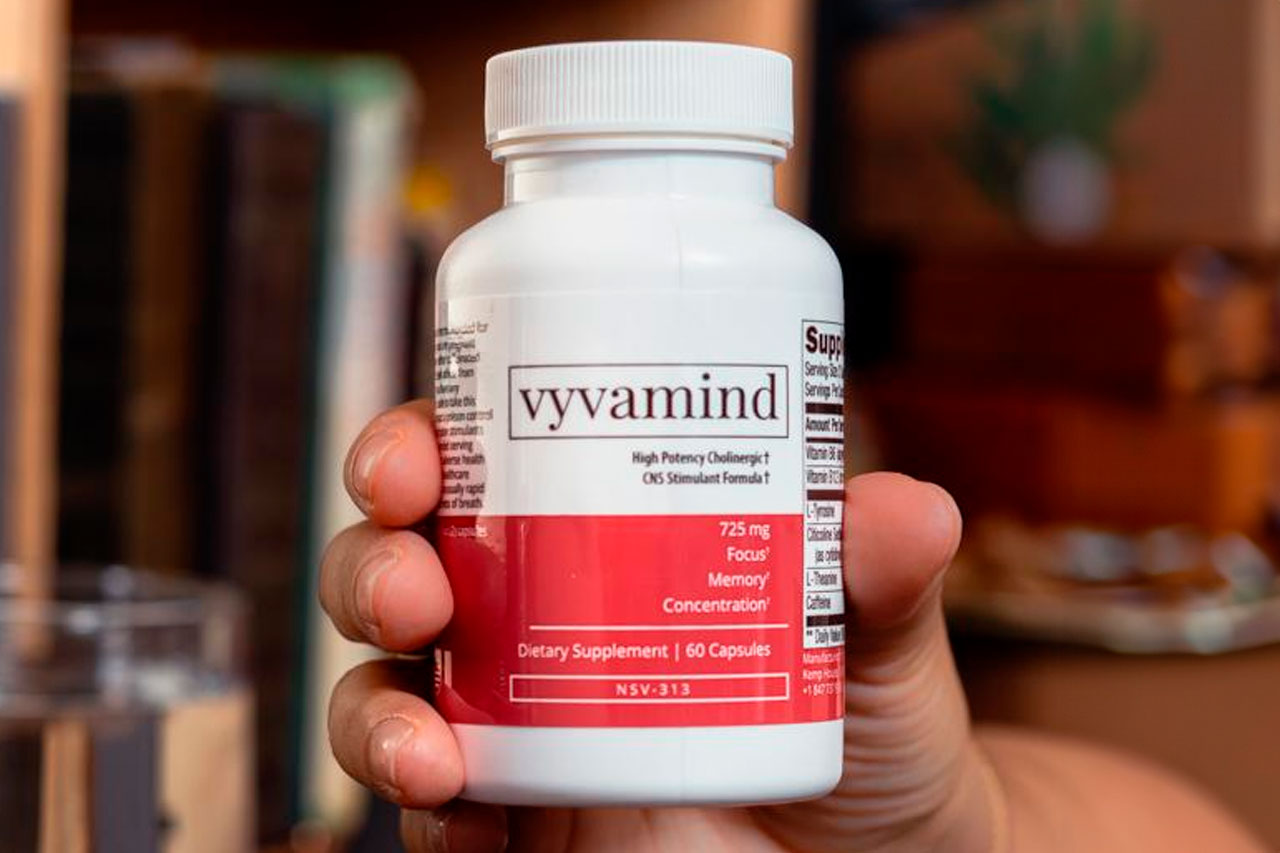
Vyvamind is a powerful, fast-acting nootropic that offers significant benefits for those who struggle with focus and motivation but are wary of turning to prescription medications like Adderall. While Vyvamind is not a drug specifically designed to treat ADHD, it can help alleviate many of the symptoms associated with the condition, such as inattention, brain fog, and low motivation. This makes it an attractive alternative for individuals seeking cognitive support without the adverse side effects often associated with stimulant medications.
Vyvamind combines natural ingredients to support brain chemistry involved in attention, mental clarity, and cognitive control. Its formula includes critical elements like:
- Vitamins B6 and B12 are essential for energy production and neurotransmitter function, helping to improve mood and cognitive performance.
- L-tyrosine is an amino acid that supports dopamine levels in the brain, boosting motivation and reducing the mental fatigue often experienced during demanding tasks.
- Caffeine Anhydrous is a fast-acting stimulant that enhances focus, alertness, and energy without the harsh, jittery effects often associated with high-caffeine supplements.
What makes Vyvamind stand out is its ability to offer these cognitive benefits without the extreme highs and lows often associated with stimulant drugs like Adderall. It is ideal for people who need a reliable boost in focus and motivation, especially during intense periods of work or study, but who don't want the dependency risks or side effects like anxiety or insomnia that can accompany prescription medications.
For individuals with mild to moderate focus issues or for those who struggle with motivation but don't want to rely on heavy-duty pharmaceuticals, Vyvamind provides a balanced, non-stimulant medication alternative that delivers actual results. It's especially beneficial for those looking for a more natural approach to cognitive function enhancement without compromising their mental well-being.
Nooceptin: Non-stimulant Focus-boosting Nootropic
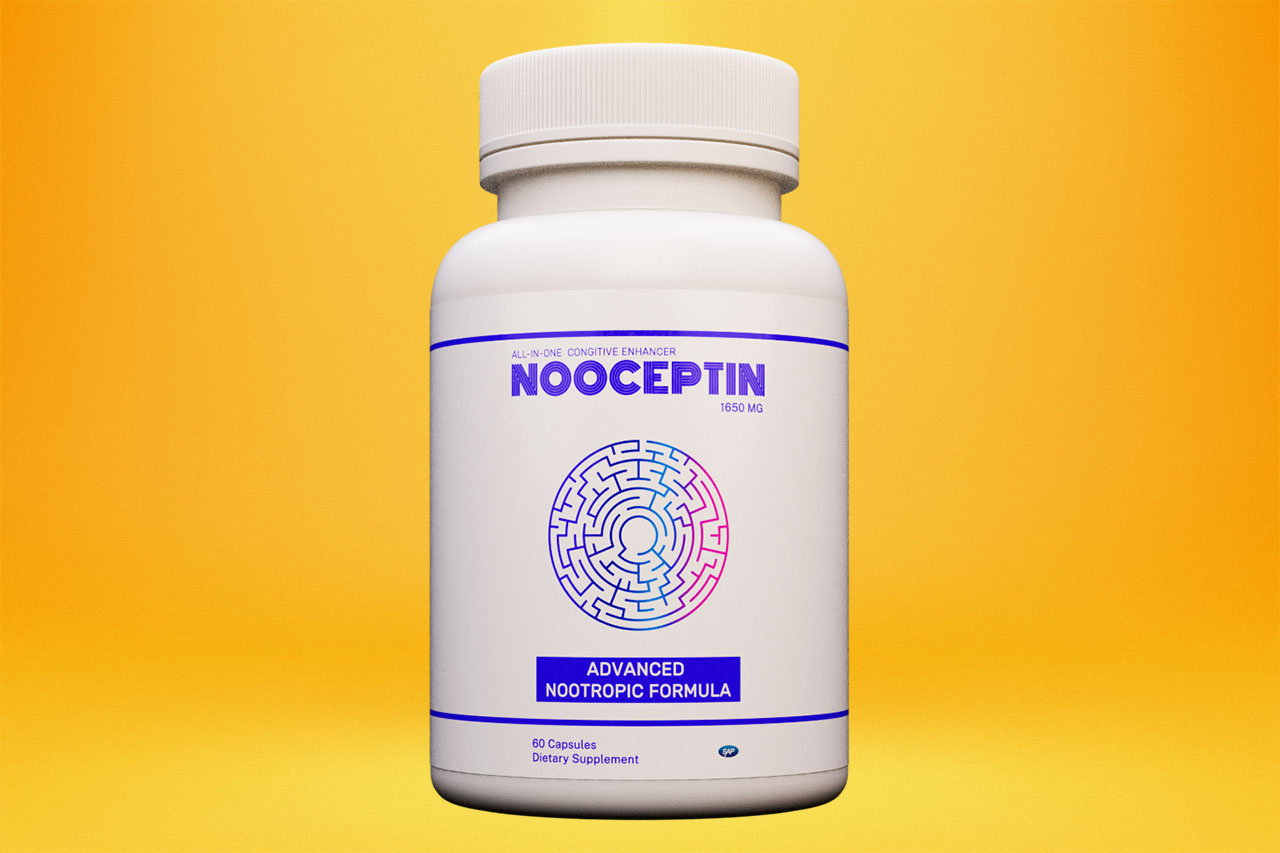
Nooceptin is a non-stimulant nootropic that provides a reliable boost in focus and cognitive function without the jittery effects that come with stimulants like caffeine. This makes it an excellent option for individuals who are sensitive to stimulants or for those who prefer a more natural approach to improving their mental performance. Nooceptin supports the brain's natural processes through ingredients like omega-3 fatty acids and herbal extracts known for their cognitive-enhancing properties.
Nooceptin is particularly effective at promoting long-term brain health. It improves memory, mental clarity, and focus over time rather than delivering a quick energy surge. It's a solid choice for individuals who want sustained, natural cognitive support without relying on stimulants that could affect sleep or mood.
However, for those looking for a fast-acting and more intense boost in focus and motivation, Vyvamind stands out as the superior option. While Nooceptin excels in long-term cognitive enhancement, Vyvamind delivers immediate results, helping users tackle demanding tasks and maintain sharpness throughout the day. Vyvamind combines the power of natural ingredients with the fast-acting benefits of mild stimulants, making it the go-to option for those who need an extra edge but don't want to rely on prescription medications.
Dynamine: Potent Stimulant With Nootropic Properties
Dynamine is an emerging natural compound derived from certain coffee species that acts as a potent stimulant with nootropic properties. It delivers a fast and effective boost in energy levels and mental alertness, making it an exciting option for those who need quick mental stimulation. Unlike other stimulants, Dynamine doesn't significantly impact blood pressure or blood flow, which can make it appealing for individuals with ADHD who want to avoid the cardiovascular side effects typically associated with stimulants like caffeine.
While Dynamine can effectively improve focus, stamina, and cognitive performance, its impact is relatively short-lived compared to more comprehensive nootropic formulas. For individuals looking for sustained improvements in focus, motivation, and mental clarity—especially those struggling with symptoms related to ADHD—Vyvamind proves to be a better overall solution.
Vyvamind's combination of natural ingredients like L-Tyrosine and caffeine anhydrous provides a quick mental boost and supports dopamine and norepinephrine levels, helping maintain focus and motivation throughout the day. In contrast, Dynamine is more limited in giving a short burst of energy and alertness. For those seeking a more balanced and long-lasting cognitive enhancer, Vyvamind is the clear winner.
L-Tyrosine: Stress Resilience and Dopamine Fuel
L-tyrosine is a powerful amino acid precursor to essential neurotransmitters like dopamine and norepinephrine. This makes it particularly beneficial for managing ADHD symptoms, as it supports brain chemistry and boosts focus during mentally demanding tasks. Additionally, L-Tyrosine has been shown to enhance stress resilience, making it easier to stay concentrated in challenging or high-pressure situations.
However, while L-tyrosine can help boost dopamine levels, Vyvamind offers a more robust solution for those seeking a more comprehensive focus enhancer. Vyvamind combines L-tyrosine with other vital ingredients, delivering faster and longer-lasting improvements in focus and motivation.
Omega-3 Fatty Acids: Popular Natural ADHD Supplement
Omega-3 fatty acids are essential for overall brain health, particularly for individuals with ADHD. Known for their anti-inflammatory properties and role in maintaining healthy brain cell membranes, omega-3s, especially EPA and DHA, are linked to improved attention and mental clarity. While omega-3s are a popular natural supplement for managing ADHD, they work best as part of a long-term regimen rather than delivering immediate results.
Vyvamind is a more effective nootropic for those looking for faster improvements in cognitive function. Its blend of fast-acting ingredients makes it ideal for users seeking a more immediate boost in focus and energy, complementing the long-term benefits of omega-3s.
Caffeine: The Energizing Cognitive Booster
Caffeine is arguably the most well-known natural stimulant, and its ability to sharpen focus and combat fatigue makes it an appealing choice for those with ADHD. Caffeine-blocking adenosine receptors provide an instant mental boost, improving concentration and alertness. However, caffeine alone can lead to jitters or energy crashes, which is why many turn to nootropic blends like Vyvamind. Vyvamind pairs caffeine with L-theanine, which helps smooth out the jittery side effects. It is a superior choice for those seeking balanced, long-lasting focus without the typical caffeine downsides.
L-Theanine: Promoting Calmness and Concentration
L-Theanine, an amino acid found in tea leaves, is well-known for its ability to promote a state of calm alertness. It helps to reduce the anxiety or jitters often associated with stimulants like caffeine, providing a more balanced boost in focus. While L-Theanine alone can help promote mental calm and concentration, its real power comes when combined with caffeine, as seen in supplements like Vyvamind. This pairing enhances both focus and calm, making Vyvamind ideal for individuals with ADHD who need sustained concentration without overstimulation.
Ginkgo Biloba: Enhancing Memory and Blood Flow
Ginkgo Biloba, a popular herbal supplement, is praised for improving memory and promoting blood flow to the brain. By increasing cerebral blood circulation, Ginkgo may help improve cognitive performance and attention span, making it a promising option for individuals with ADHD. However, Ginkgo Biloba's effects are subtle and gradual. For those needing a faster and more comprehensive boost to focus, Vyvamind stands out as a better choice. With fast-acting ingredients designed to enhance mental clarity and motivation, Vyvamind delivers quicker and more noticeable results than Ginkgo Biloba alone.
While the potential benefits of these nootropics are promising, it is always recommended to approach them with caution and seek the advice of a healthcare professional before integrating them into your regimen, especially if you have ADHD. The right balance and combination of these natural nootropics may offer cognitive support while minimizing the risk of adverse effects associated with some prescription medications.
What Prescription Nootropics Are Used to Treat ADHD
Prescription nootropics are commonly used to manage ADHD symptoms by improving focus, attention, and impulse control. These medications work by altering the brain's neurotransmitter levels, particularly dopamine and norepinephrine, which are essential for maintaining cognitive function in individuals with ADHD. Here are some of the most widely prescribed nootropics for ADHD:
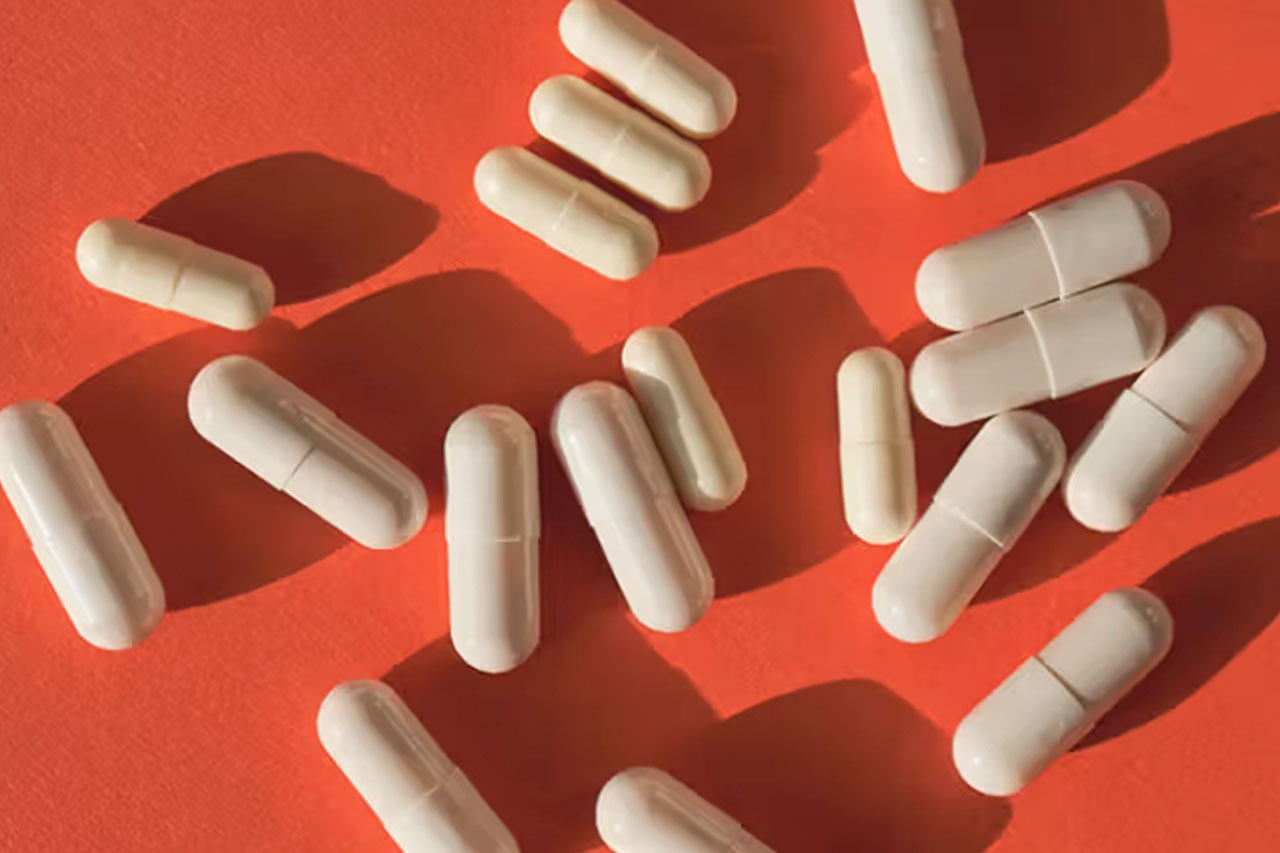
Adderall (Amphetamine and Dextroamphetamine)
Adderall is a well-known stimulant used to treat ADHD. It increases levels of dopamine and norepinephrine, which helps improve focus, attention, and impulse control. By enhancing the availability of these neurotransmitters, Adderall allows individuals with ADHD to stay more alert and manage their symptoms effectively.
How it Works
Adderall prevents dopamine reabsorption by binding to dopamine transporters, thereby increasing dopamine levels and enhancing cognitive function.
Common Side Effects
- Anxiety
- Insomnia
- Elevated heart rate
- Potential for dependency
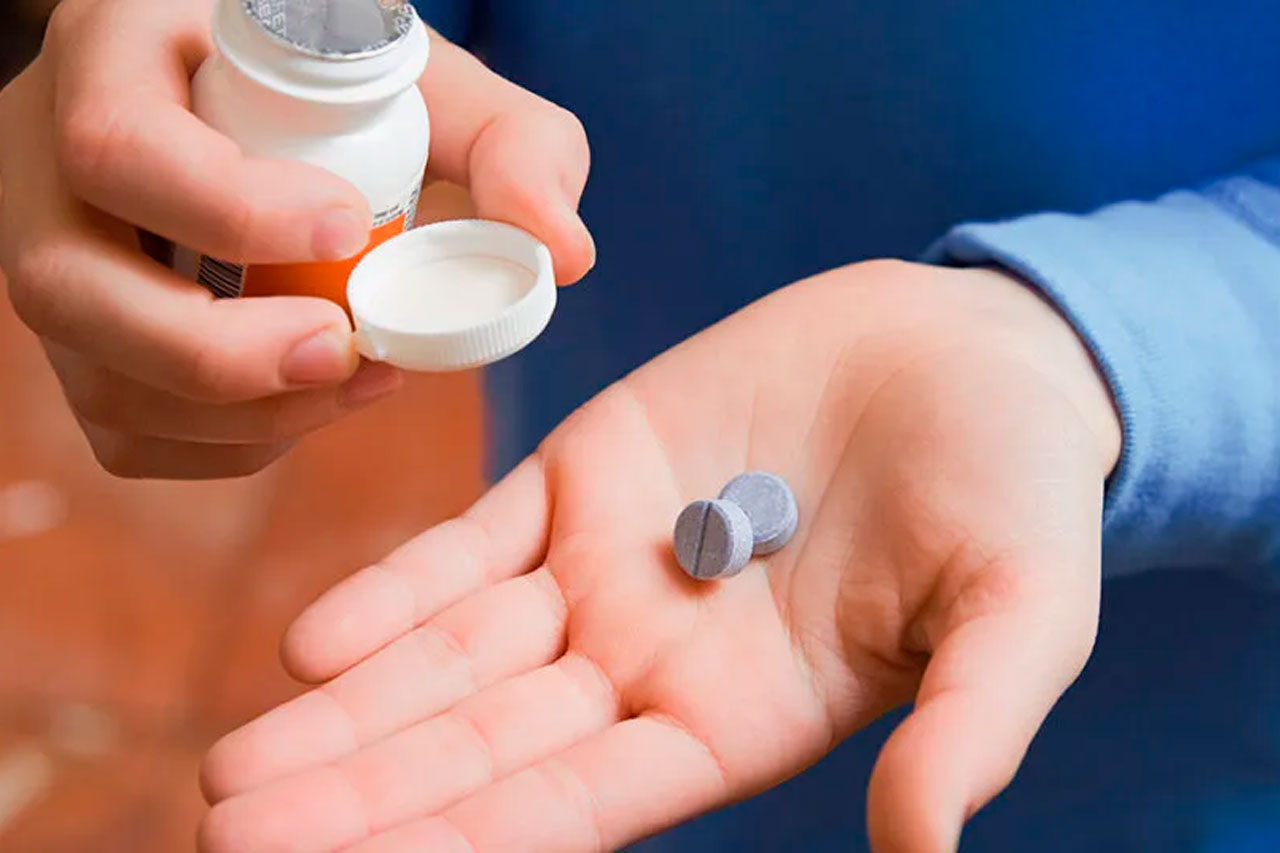
Ritalin (Methylphenidate)
Ritalin is another stimulant frequently prescribed for ADHD. It works similarly to Adderall by boosting dopamine and norepinephrine levels, improving focus and attention. Ritalin is often favored for short-term management and is widely prescribed for both children and adults.
How it Works
Ritalin blocks the reuptake of dopamine and norepinephrine, increasing their levels and aiding concentration and impulse control.
Common Side Effects
- Loss of appetite
- Sleep disturbances
- Nervousness
- Elevated blood pressure
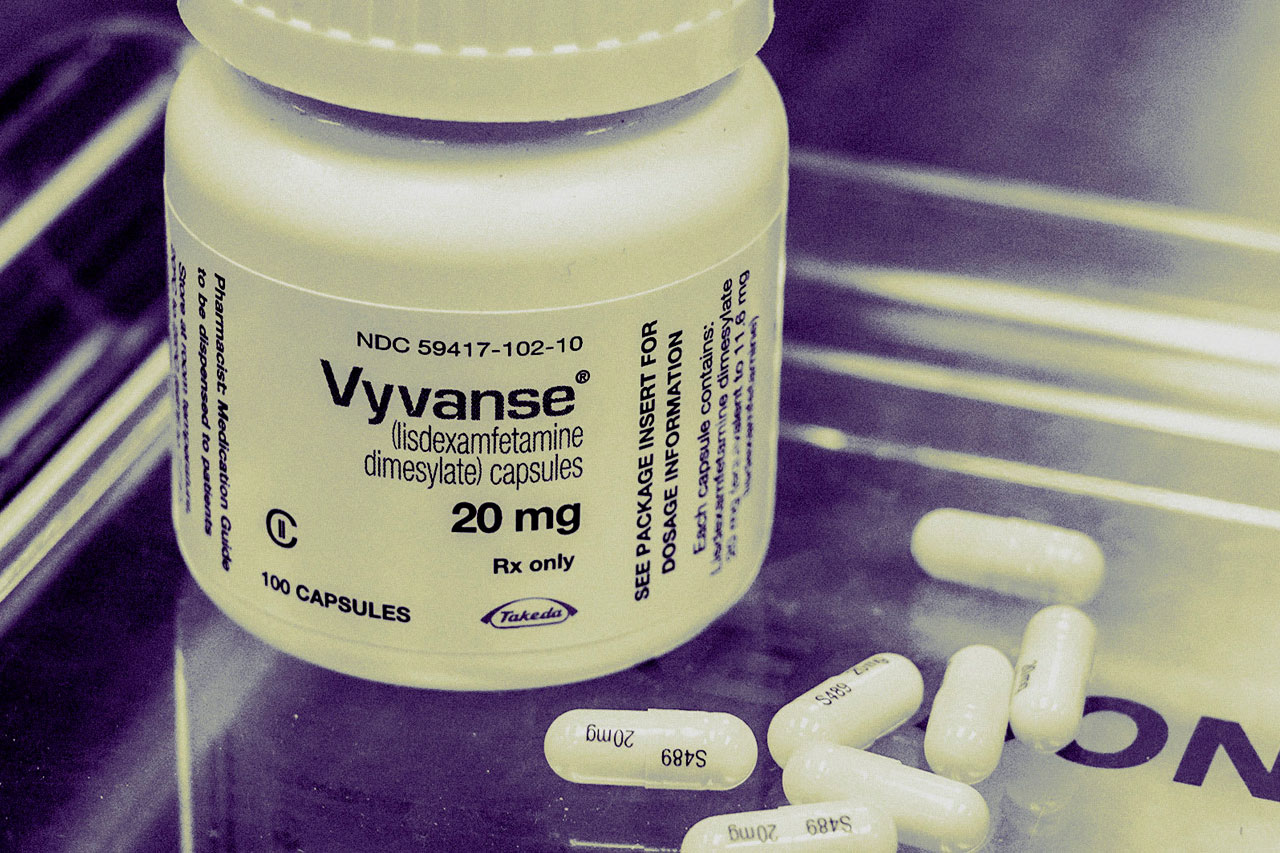
Vyvanse (Lisdexamfetamine)
Vyvanse is a stimulant used to treat ADHD and binge eating disorder. It enhances focus and decreases hyperactivity by increasing dopamine and norepinephrine levels, much like Adderall and Ritalin.
How it Works
Vyvanse is a prodrug, meaning it is inactive until metabolized. Once activated, it boosts dopamine and norepinephrine, improving attention and reducing impulsivity.
Common Side Effects
- Dry mouth
- Weight loss
- Increased heart rate
- Insomnia
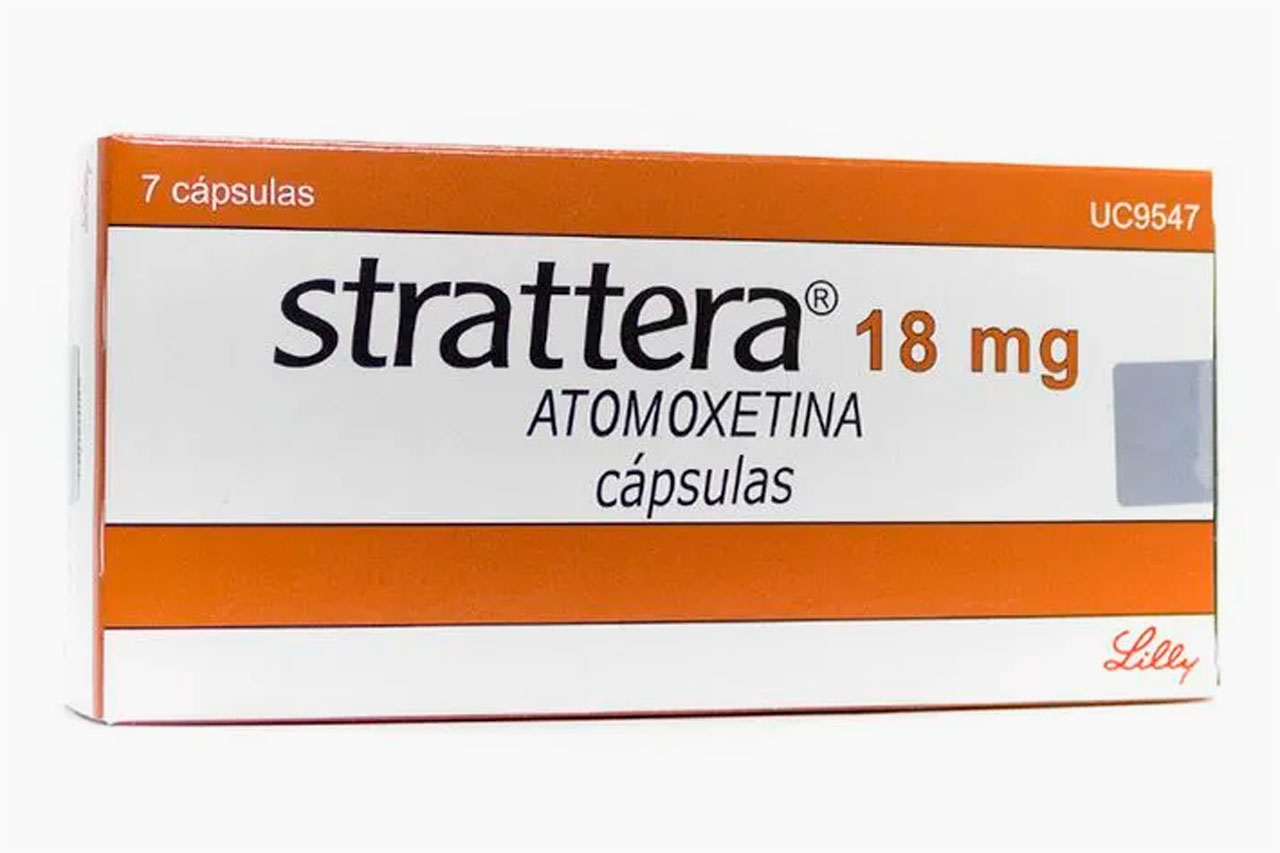
Strattera (Atomoxetine)
Strattera is a non-stimulant nootropic used to treat ADHD. It primarily affects norepinephrine levels without significantly altering dopamine levels, making it a good option for those who do not respond well to stimulants or experience anxiety with their use.
How it Works
Strattera inhibits norepinephrine reuptake, increasing its availability in the brain, improving focus, and reducing hyperactivity.
Common Side Effects
- Fatigue
- Mood swings
- Dizziness
- Stomach pain
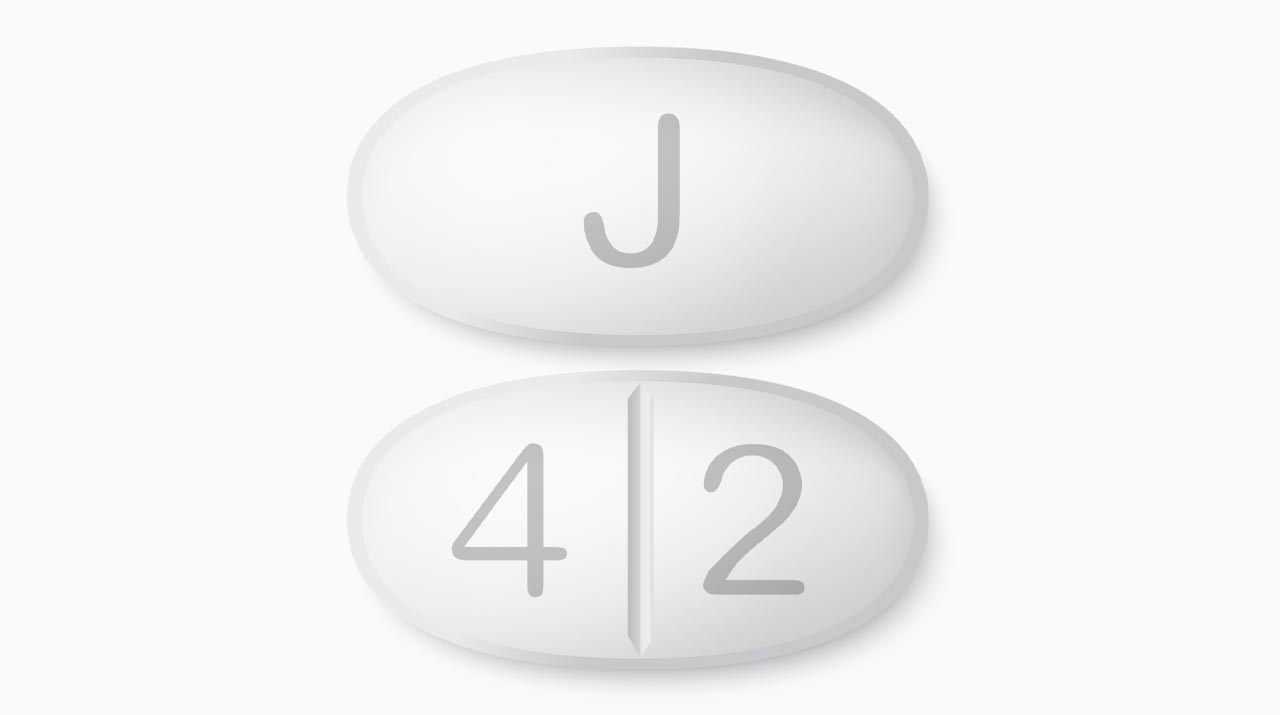
Modafinil (Provigil)
Although not officially approved for ADHD treatment, Modafinil is sometimes prescribed off-label to improve focus, alertness, and cognitive performance in people with ADHD. It is classified as a wakefulness-promoting agent but has nootropic properties to help manage attention deficits.
How it Works
Modafinil increases the release of dopamine, histamine, and orexin, promoting wakefulness and enhanced focus without the extreme highs and lows of traditional stimulants.
Common Side Effects
- Headache
- Nausea
- Insomnia
- Nervousness
Prescription nootropics like Adderall, Ritalin, and Vyvanse are often the first line of treatment for ADHD because they effectively boost dopamine and norepinephrine levels, which are critical for managing focus, motivation, and impulse control. Non-stimulant options like Strattera provide alternatives for individuals who may experience side effects from stimulants. While these medications can be highly effective, working closely with a healthcare provider to manage potential side effects and determine the best treatment approach is essential.
Considerations for Using Nootropics Safely
When considering the use of nootropics—substances that may improve cognitive function—it's essential to approach with caution, especially for individuals with attention deficit hyperactivity disorder (ADHD). Here are several critical considerations for safe usage:
- Consult a Healthcare Provider: Before starting any nootropic supplement, especially if seeking cognitive enhancers for ADHD, consult with a healthcare professional. This ensures your selections won't interact negatively with prescription medication or pre-existing health conditions like high blood pressure.
- Understand the Substance: Research the specific nootropic you're interested in. Evaluate scientific evidence supporting its potential benefits and be aware of common side effects.
- Quality and Purity: Choose dietary supplements from reputable sources to ensure they contain the advertised natural ingredients and do not have contaminants that can lead to adverse effects.
- Dosage and Instructions: Follow the manufacturer's recommended dosage and usage instructions. Starting with a lower dose and gradually increasing it can help monitor your body's reaction.
- Monitor the Effects: Track changes in cognitive performance, mental clarity, energy levels, and adverse reactions, such as dry mouth or altered blood flow.
- Healthy Lifestyle Choices: Maintain brain health with regular exercise, a balanced diet rich in omega-3 fatty acids, and adequate sleep.
Being informed and cautious helps maximize the benefits of nootropics while minimizing potential risks for those seeking to enhance cognitive processing and achieve healthy brain function.
ADHD Nootropics FAQs
Q: Can You Take Adderall With Nootropics?
A: It is possible to take Adderall with nootropics, but it is essential to consult with a healthcare provider before doing so. Some nootropics may interact with Adderall and amplify its effects, potentially leading to overstimulation or side effects like anxiety or insomnia. Nootropics like L-Theanine can complement Adderall by reducing jitteriness, while others might increase the risk of adverse effects. Always consult a medical professional before combining any supplements with prescription medications.
Q: What is the Most Potent Nootropic?
A: The most potent nootropic largely depends on the desired effects. Prescription nootropics like Modafinil and Adderall are often considered the strongest in terms of boosting focus, attention, and cognitive function. However, among natural nootropics, Vyvamind is highly regarded for its ability to quickly enhance focus, motivation, and mental clarity, making it a top choice for those looking for fast, effective results without the need for prescription drugs.
Q: Do Nootropics Work for ADHD?
A: Yes, nootropics can help manage some of the symptoms associated with ADHD, such as focus, attention, and impulse control. While they are not a replacement for traditional ADHD medications, nootropics like L-tyrosine, caffeine, and citicoline may support brain function and enhance dopamine and norepinephrine levels, helping improve cognitive performance. Vyvamind, in particular, is an effective non-prescription nootropic that mimics the effects of stimulant medications and can support people with ADHD in staying focused and motivated.
Q: Does Lion's Mane Work for ADHD?
A: Lion's Mane is a natural nootropic known for its potential to support brain health and promote nerve growth factor (NGF) production, which could theoretically improve cognitive function. While there is limited direct evidence showing Lion's Mane is effective for treating ADHD, its ability to promote mental clarity and focus may offer some benefits for managing ADHD symptoms. However, its effects are generally milder compared to prescription medications or more potent nootropics.
Q: Can You Beat ADHD Naturally?
A: While there is no cure for ADHD, some individuals find that managing symptoms naturally through lifestyle changes can be beneficial. Techniques like regular exercise, a balanced diet rich in omega-3 fatty acids, and mindfulness practices can help improve focus and reduce hyperactivity. Natural supplements like nootropics, including L-tyrosine, omega-3s, and Vyvamind, may also assist in managing ADHD symptoms without medication. However, effectiveness varies by individual, and it's essential to consult a healthcare professional.
Q: How do You Fight ADHD Without Medication?
A: Embracing a holistic approach that encompasses lifestyle adjustments and natural supplements is vital in combating ADHD without medication. Regular exercise can improve focus and reduce hyperactivity, while a diet rich in omega-3 fatty acids supports brain health. Mindfulness practices such as meditation can help increase attention span and reduce impulsivity.
Additionally, natural nootropics like Vyvamind offer a non-prescription alternative for enhancing focus and motivation, making it an excellent option for those seeking non-medication solutions. Consult a healthcare provider to develop a personalized strategy for managing ADHD symptoms.
Conclusion: Finding the Right Nootropic for You
In conclusion, finding the right nootropic for enhancing cognitive function, especially for those with attention deficit hyperactivity disorder (ADHD), requires careful consideration of potential benefits and common side effects. Prescription nootropics, while effective for some, may lead to adverse effects such as dry mouth or altered blood pressure. For those seeking natural alternatives, options like omega-3 fatty acids and Rhodiola Rosea offer potential improvements in mental clarity and cognitive performance with fewer risks.
Adopting dietary supplements containing amino acids could bolster brain health, and herbal nootropics may support healthy brain function without the intensity of prescription drugs. However, scientific evidence varies, and it is crucial to consult healthcare professionals before starting any new supplement.
Remember that individual brain chemistry differs, making personal experimentation and medical guidance essential in optimizing cognitive processing and mental performance. Whether you choose natural nootropics or a synthetic smart drug, prioritizing safety and closely monitoring your body's response will lead to the best outcomes in managing ADHD and achieving more significant cognitive enhancement.
Here's a short table listing potential options and their attributes:
| Nootropic Type | Cognitive Enhancers | Potential Benefits | Considerations |
| Prescription Medication | Amphetamines, Methylphenidate | Focused attention, energy boost | Blood flow, blood pressure |
| Natural Nootropics | Omega-3 fatty acids, Rhodiola Rosea | Mental clarity, reduced fatigue | Fewer side effects |
| Amino Acids | L-Theanine, L-Tyrosine | Brain function, alertness | Balance with dietary intake |
| Synthetic Nootropics | Racetams, Modafinil | Enhanced cognitive performance | Regulation, potential effects |
Always take heed of your unique needs and health profile when selecting a nootropic supplement for ADHD management.